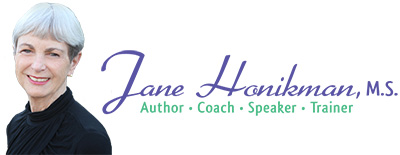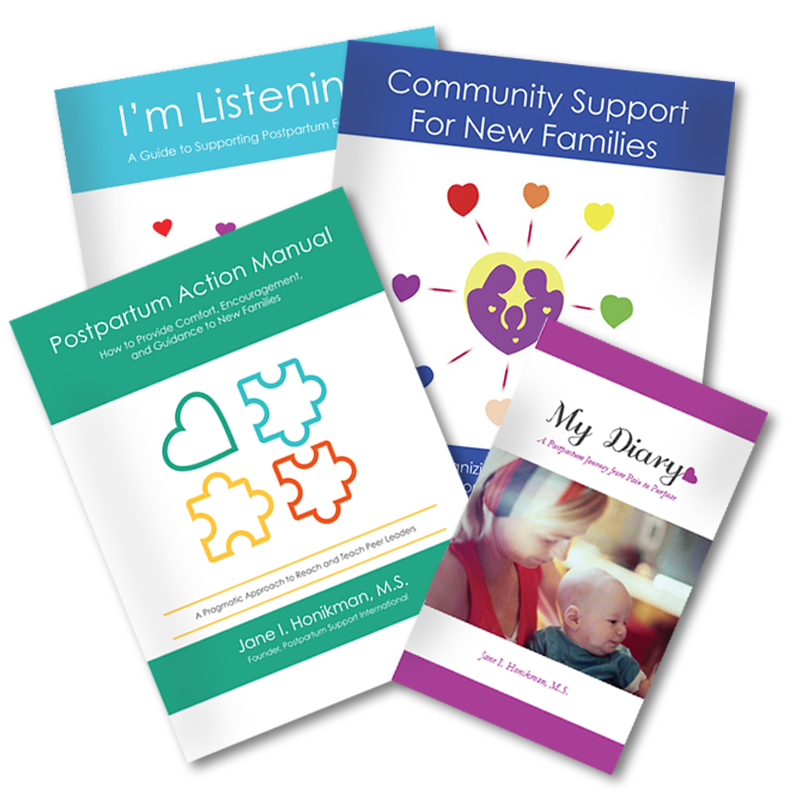By Jane Honikman, 2016
Published in VOICES Summer 2016 Journal of Congregation B’nai Brith
I’m a proud member of the Congregation B’nai Brith Mental Health Initiative, whose mission is “to reduce the stigma of mental illness by supporting congregants and their families through education and promoting emotional and spiritual wellness.”
Far from being a lofty or abstract goal, however, this sentiment represents a critical truth that has shaped me personally, professionally, and as a Jew. I’m involved in the Mental Health Initiative because it is important to have conversations about difficult and complex topics. But I’m also involved in this work because I know from personal experience that the stigma around mental health encourages secrecy, and that, as an editorial in Reform Judaism once wrote, “secrets come at a high price to ourselves and our loved ones.”
My secrets include both a familial and personal history of mental illness.
As a child growing up in the 1950s I was unaware that my father had a mental disorder. He was a man who provided well for his wife and three children. He ran a successful business, played poker with his buddies on Wednesday nights, and gardened on Sundays. Yet it was never explained to me why he would act strangely from time to time, and “disappeared.” His diagnosis was called manic depression, now known as biopolar disorder, and a family secret.
Why did my family act this way? No doubt they suffered from shame, embarrassment, and guilt. Their silence was an attempt to protect me, but unfortunately it didn’t work. Since no one told me what was wrong, I kept my feelings bottled inside. My body responded to the stress and anxiety with daily headaches. My family thought to have my eyes tested, but they neglected to explore my feelings. Not that that would’ve helped. It was the 1950s, after all, and I would have just kept smiling — a healthy girl in a happy home.
The common denominators in my situation? Denial and ignorance. If we don’t think there’s a problem, or we’re not educated about an issue, then we can pretend it doesn’t exist. Add to that the stigma surrounding something as charged as mental illness, and you have a situation where everyone stays stuck.
For me, that stigma would follow me into my adult life. I got pregnant before marriage and she was adopted. Only our parents knew the truth. Another secret, and more shame, guilt and silence.
After we married and had two more children together. It was a bitter irony that for 25 years I was an expert in emotional support for new families, not revealing the story behind my passion of helping others. But secrets take their toil, and eventually I had to seek the professional interventions I needed to treat my own depression. It was during this search to figure out the root causes of my depression that we were reunited with our first born.
Along my journey to wellness I educated myself about the science of the brain. I became particularly interested in mental health relating to childbearing. I had the opportunity and honor to meet researchers, and professionals in the fields of psychiatry and psychology. One of these is the immediate past Director of the National Institute of Mental Health, Dr. Thomas Insel, who has written:
“Half of all people with a serious mental illness are diagnosed by age 14. But there is a ten year gap between the emergence of important symptoms and someone seeking treatment for them. This means that during the critical years, typically between the ages of 14 and 24, these young people are at serious risk for all sorts of problems that will threaten their chances to lead full and productive lives as adults.”
I started to see that seeking help requires support from all sectors of our society. As a result of my own experiences, my friends and I started Postpartum Education for Parents in Santa Barbara in 1977. A decade later, I launched Postpartum Support International. Both groups focus on wellness during childbearing that is achieved through awareness, education, and advocacy.
One of the mental health advocates I admire is Rosalynn Carter. In her book With Our Reach, Ending the Mental Health Crisis, she writes:
“It saddens me that I still hear from families and individuals who feel ignored or even ostracized by places of worship when these institutions have so much potential to do good. Just think of how much progress we could make in our campaign to end stigma if the 300,000 congregations in our nation were to truly open their hearts and minds to people with mental illnesses.”
I agree wholeheartedly, which is why I’m so proud of the work that CBB’s Mental Health Initiative is doing to encourage education and to help reduce stigma. We invite you to help us in ending silences and secrets, and to speak up for mental wellness.


